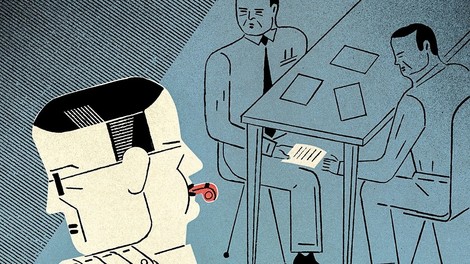Your podcast discovery platform
Curious minds select the most fascinating podcasts from around the world. Discover hand-piqd audio recommendations on your favorite topics.

piqer for: Health and Sanity Global finds
I was born in 1987 in Bucharest. I studied Psychology and Educational Sciences at the University of Bucharest. For two years I worked in a psychotherapy practice, dealing with gambling addicts. I'm an independent reporter, writing and doing video reportages mostly about social and political issues. I am currently based in Jena.
The Personal Toll Of Whistle-Blowing
This article dives deep into the business of both health-care fraud and whistle-blowing by telling the story of a man who decided to cooperate with the authorities when he realized the health insurance company he was working for was stealing millions of dollars from the government and duping people in serious need of medical care.
The story shows the steps that amount to a person’s decision to become a whistle-blower and the long and strenuous process of gathering evidence, getting the prosecutors on board, and eventually uncovering wrongdoing. Just to give you a picture of what “long and strenuous” can mean, the informant in this article filed a case against the company in 2009 and, by the time it was actually prosecuted in 2016, he was already dead.
According to a paper published in 2010, whistle-blowers experience intense pressure while they’re informing the government, frustration about investigations moving very slow, anxiety caused by threats, the prospect of never being able to get a job in their line of work, the necessity of keeping everything secret.
A few of the comments were particularly telling. One interviewee, in response to a question about what advice he would give a potential whistle-blower, wrote, “[Can they] afford 5 years of their life in turmoil?” Another said, “Part of your ability to do anything about this is keeping yourself together,” and suggested that whistle-blowers find someone “like a minister or a shrink who’s confidentiality-protected,” because “this could go on for a while.” A high proportion of whistle-blowers reported divorces or other marital strain, family conflicts, and stress-related health issues including shingles, autoimmune disorders, panic attacks, insomnia, and migraines. Several of them said that the financial consequences were devastating. “Honestly, I would not advise anybody to do it,” one said.
